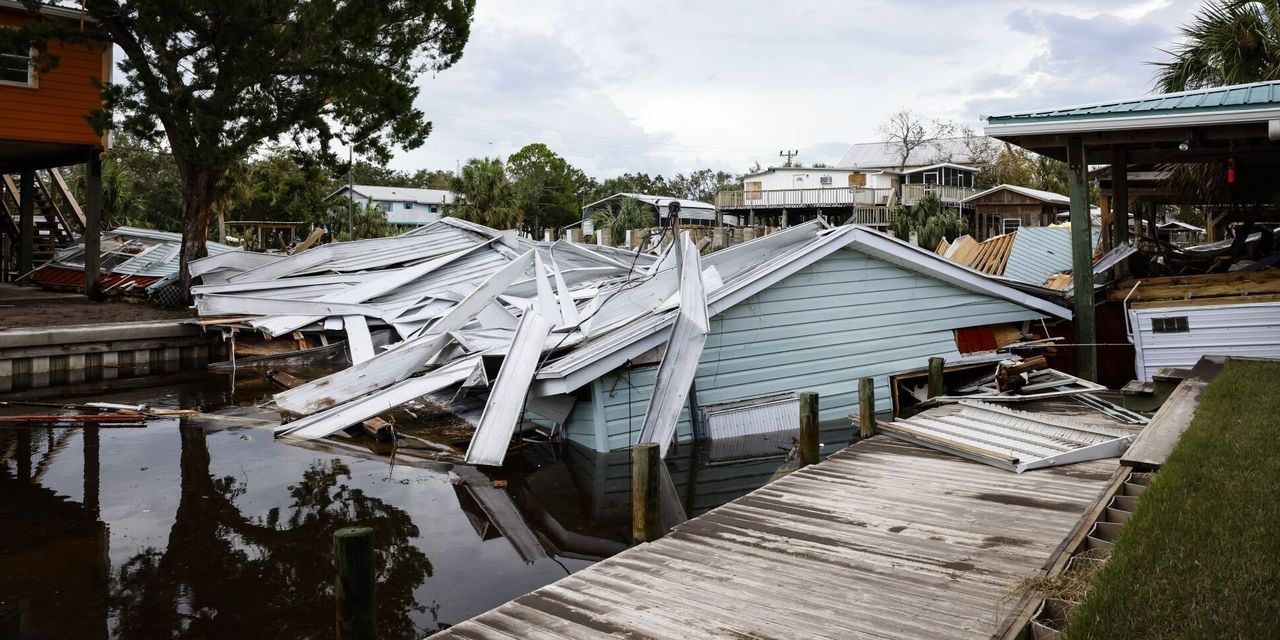Huge losses from national disasters prompt industry to jack up prices and pull back from some markets; ‘worst possible scenario’ for consumers
After Allstate suffered billions of dollars in losses and failed to get the rate increases it wanted, it resorted to the nuclear option.
The insurance giant threatened last fall to stop renewing auto insurance for customers in three states that hadn’t given in to its demands, which would have left those policyholders scrambling for coverage. The states blinked.
In December, New Jersey approved auto rate increases for Allstate averaging 17%, and New York, a 15% hike. Regulators in California are allowing Allstate to boost auto rates by 30%, but still haven’t decided on its request for a 40% increase in home-insurance rates after the insurer refused to write new policies.
For many Americans, getting insurance for both their cars and homes has gone from a routine, generally manageable expense to a do-or-die ordeal that can strain household budgets.



Agreed, it’s not easy, and I don’t suggest it is.
I’m in a similar boat, living in a suburb in county land where the closest grocery store is 15 minutes away. There’s no chance in hell Phoenix will move away from cars in my lifetime.
My only option is to move to a city with infrastructure already built. Housing will be more, but not having the costs associated with car ownership vastly outweighs the cost of housing increases. But again, it’s not that easy.
The truth is, there is no easy answer to the rising costs. Public companies must make a profit. If there are more frequent losses and those losses are more expensive, the only thing to do is raise premiums.
Making the companies “public” like Citizens doesn’t fix things either, it just makes them susceptible to politics, which will always come back to bite.